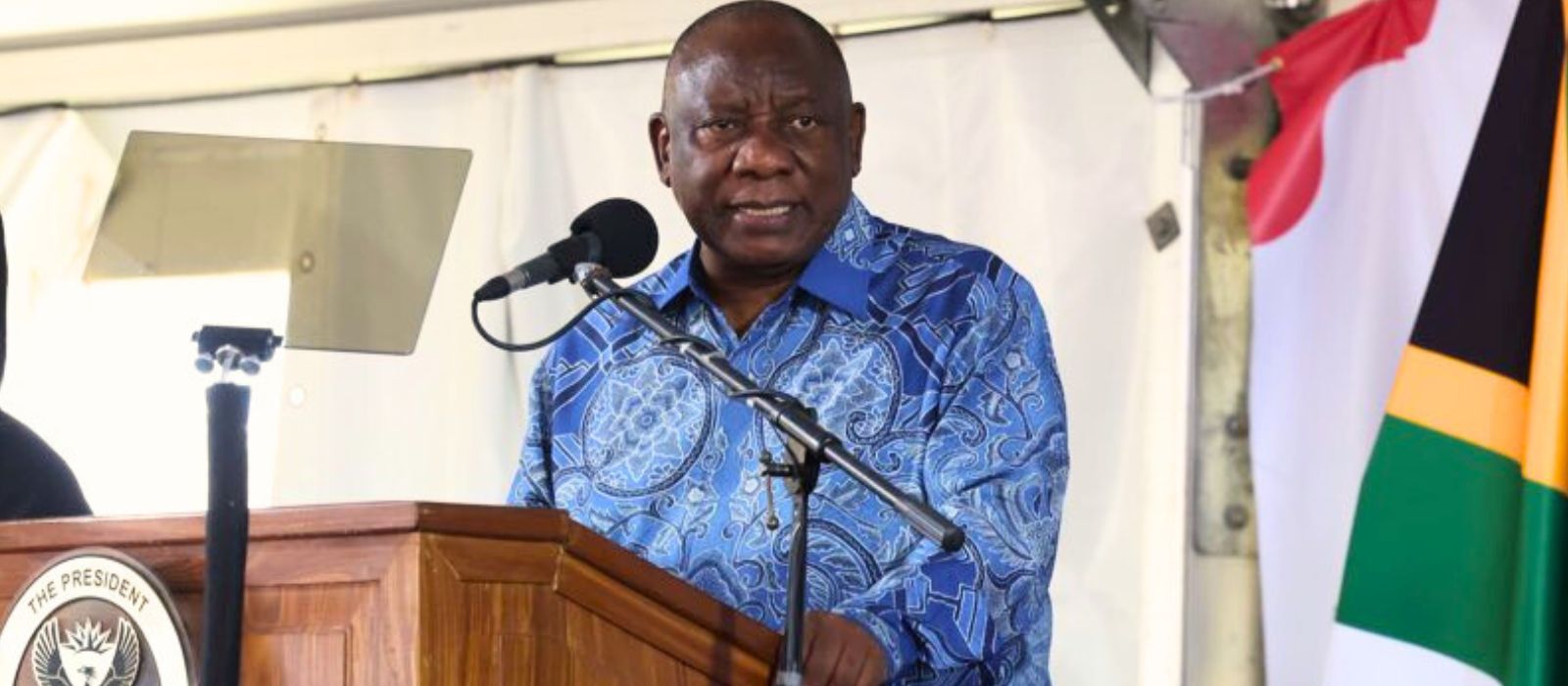
In a landmark announcement, President Cyril Ramaphosa confirmed the full implementation of the Basic Education Laws Amendment (BELA) Act, marking a significant step in transforming South Africa’s education system.
Speaking on the decision, the President emphasized the Act’s alignment with the Constitution and its importance in creating an equitable, effective education system for all South African children. Signed into law on September 13, 2024, the BELA Act seeks to ensure that every child has access to quality education regardless of their background, location, or language.
“This Act is an important part of ongoing efforts to build an education system that is more effective and equitable,” said President Ramaphosa. “We have stated unequivocally that all children must get an education that prepares them to succeed in life, no matter the circumstances of their birth.”
The Act strengthens measures to uphold Constitutional rights, including the right to receive education in one’s language of choice where reasonably practicable. President Ramaphosa underscored that this applies to all South African languages, including South African Sign Language, which has been newly recognized.
“In the application of this law, we must ensure that no language is diminished. Rather, we must work to ensure that all official languages are valued and promoted,” he stated.
Acknowledging debates surrounding the Act, particularly on language and admission policies, President Ramaphosa delayed its implementation by three months to allow further engagement between stakeholders. Over the past months, parties in the Government of National Unity (GNU), alongside other key role players, deliberated on these issues.
Last week, the GNU’s clearing house mechanism, which handles contentious matters, submitted a report recommending full implementation of the Act without amendments to the debated clauses. This recommendation was endorsed by the political leaders in the GNU, allowing the President to proceed with a Presidential Proclamation to operationalize the Act.
The BELA Act continues South Africa’s 30-year journey of educational reform, addressing inequalities and ensuring access to education for all. It also reinforces the Bill of Rights’ guarantee of equality and basic education, reflecting the nation’s commitment to building a society where every child can thrive.
“This is a vital step in realizing our democratic ideals,” President Ramaphosa concluded. “By fully implementing the BELA Act, we are laying the foundation for a brighter and more inclusive future for South Africa’s youth.”
The BELA Act is now officially in effect, signifying a transformative era in the country’s education landscape.


